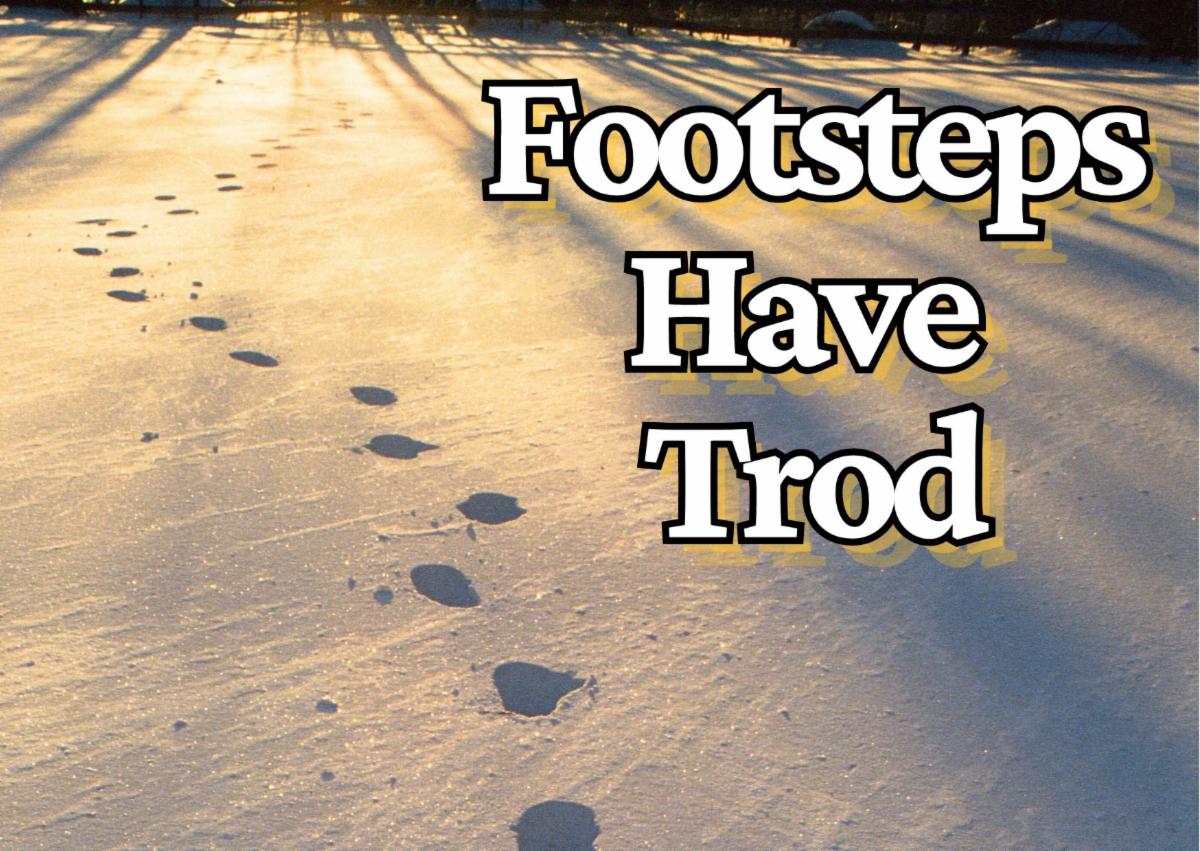
“Good King Wenceslas” is one of my favorite Christmas season poems to read. John Mason Neale wrote it in 1853 about a Duke in Bohemia (Czech Republic) named Wenceslas (907–935). History can be deceptive, and we often find out our heroes are the villains, but in this snippet from history, Wenceslas was actually a good person, not a perfect person, but a good person. As history tells it, Wenceslas was raised in Christianity by his grandparents, although much of the region was still deeply pagan, including his mother and brother. However, for Wenceslas, he attempted to entrench Christian faith and practices in the area. Noblemen and his brother eventually assassinated Wenceslas because he had signed a treaty with two other regions requiring significant tributes from the noblemen’s pockets.
Yet, what is most known about Wenceslas was written by ancient historian Cosmas of Prague, stating,
“But his deeds I think you know better than I could tell you; for, as is read in his Passion, no one doubts that, rising every night from his noble bed, with bare feet and only one chamberlain, he went around to God’s churches and gave alms generously to widows, orphans, those in prison and afflicted by every difficulty, so much so that he was considered, not a prince, but the father of all the wretched.”
These tales are where the carol comes from: a man from the highest position in his region, walking through the streets enduring all conditions to give generously to the most vulnerable populations. It is no wonder that he has been revered and recognized as an example we should aspire to.
In the last few weeks, we have discussed what it means to be “Last” regarding our possessions and relationships. Yet, we fall short because we desire reciprocity of some kind; we would like our undertakings to have some payout for us. For this reason, Jesus informs his followers that we aren’t to live like this. He says don’t do good only for the people who can return the favor; do good because God desires it.
Matthew 6:2-4 – “So when you give to the poor, do not sound a trumpet before you, as the hypocrites do in the synagogues and on the streets, so that they will be praised by people. Truly, I say to you, they have their reward in full. 3 “But when you give to the poor, do not let your left hand know what your right hand is doing, 4 so that your charitable giving will be in secret; and your Father who sees what is done in secret will reward you.”
Luke 14:13-14 – “But whenever you give a banquet, invite people who are poor, who have disabilities, who are limping, and people who are blind; 14 and you will be blessed since they do not have the means to repay you; for you will be repaid at the resurrection of the righteous.”
Conventional wisdom points to this as well, as Solomon advises his readers.
Proverbs 19:17 “One who is gracious to a poor person lends to the LORD, And He will repay him for his good deed.”
We do things not because we wish to receive compensation from those we are blessing but merely because God desires it, and He is the one that rewards us. The poem of Good King Wenceslas ends with these two refrains. Let’s consider them together.
‘Sire, the night is darker now
And the wind blows stronger;
Fails my heart, I know not how,
I can go no longer.’
‘Mark my footsteps, good my page,
Tread thou in them boldly:
Thou shalt find the winter’s rage
Freeze thy blood less coldly.’
In his master’s steps he trod,
Where the snow lay dented;
Heat was in the very sod
Which the saint had printed.
Therefore, Christian men, be sure
Wealth or rank possessing,
Ye who now will bless the poor
Shall yourselves find blessing.
As Wenceslas and his servant go through the snow to help a “poor man” whom they spot gathering firewood, the page believes he can’t continue walking in the snow. Then, Wenceslas tells him to follow him, and he will block the wind. The servant can walk in his footsteps, avoiding trudging through the snow himself. In a mythologized recounting of events, we see the song’s point: an individual of high stature was willing to serve not only the impoverished of the region but was also ready to make the journey easier on his servant. The servant that should be serving was served by the master. And this is the point of Christianity: we should be the ones serving and attending to Christ, yet he was the one that marked the way and has served all of us… therefore, we follow where his Footsteps Have Trod.
Matthew 16:24-27 – “Then Jesus said to His disciples, “If anyone wants to come after Me, he must deny himself, take up his cross, and follow Me. 25 “For whoever wants to save his life will lose it; but whoever loses his life for My sake will find it. 26 “For what good will it do a person if he gains the whole world, but forfeits his soul? Or what will a person give in exchange for his soul? 27 “For the Son of Man is going to come in the glory of His Father with His angels, and WILL THEN REPAY EVERY PERSON ACCORDING TO HIS DEEDS.”
For the full poem, check it out Here
For my favorite rendition of “Good King Wenceslas” listen to it here by Rend Collective